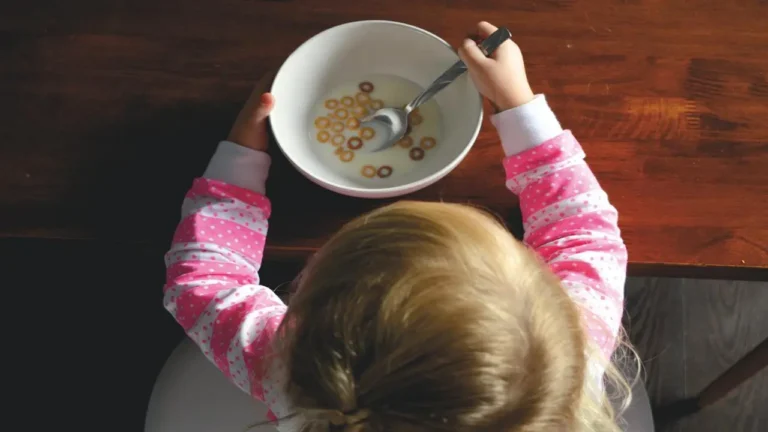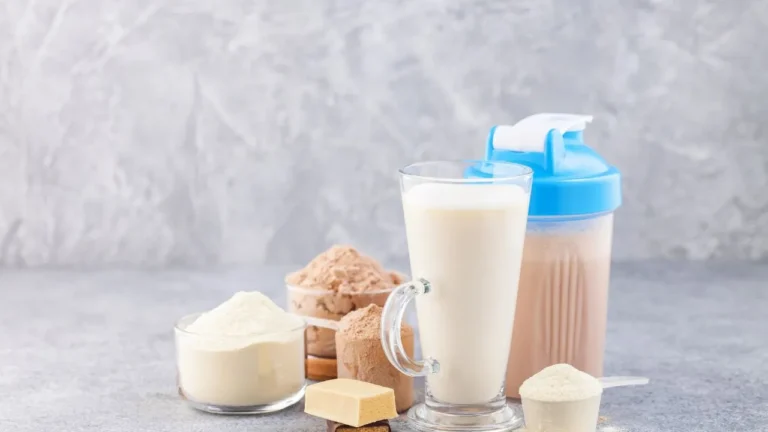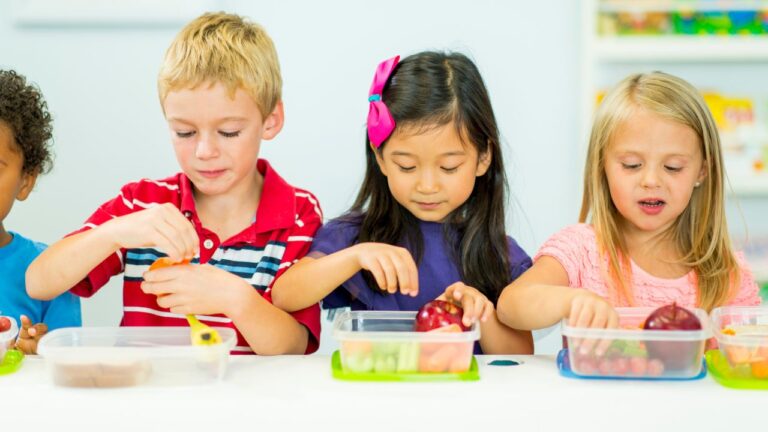Is Carbonated Water Safe for Kids? the Benefits and Risks of Soda Water
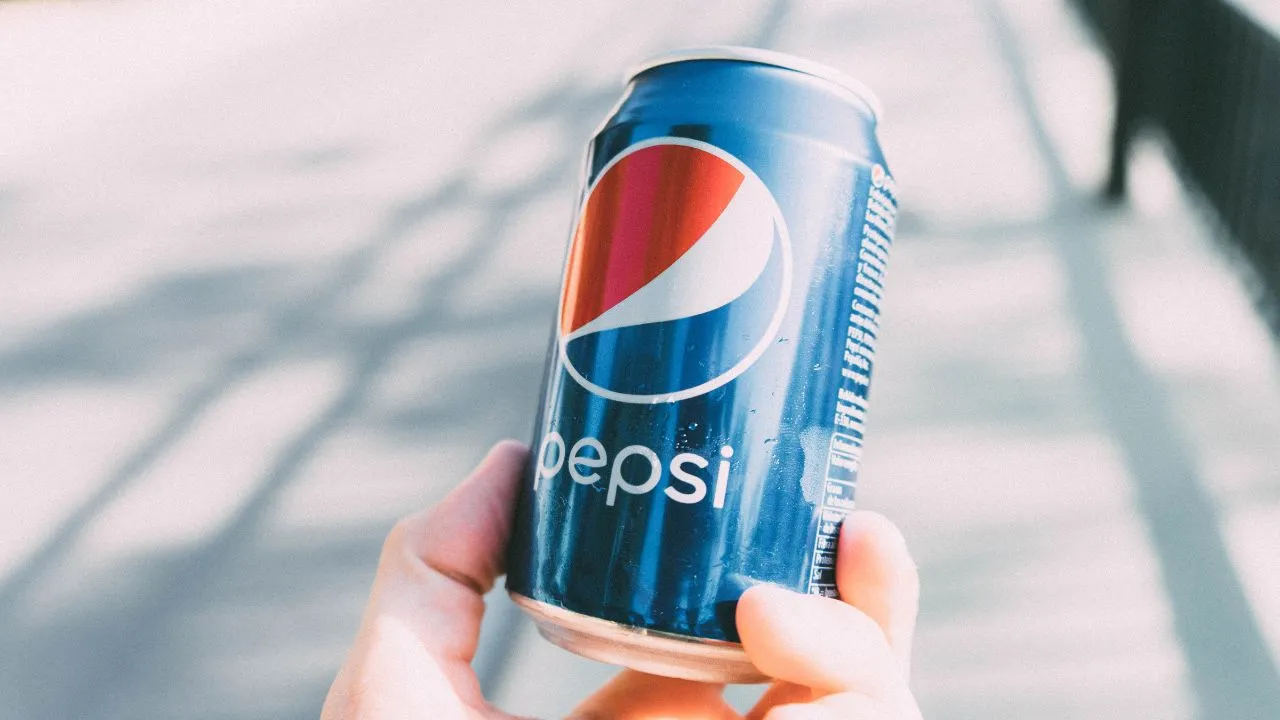
Are you wondering if carbonated water is a healthy drink choice for your kids? Many parents are curious about the effects of soda water on their children’s health. This article goes into the benefits and potential risks of carbonated beverages, helping you make an informed decision.
Learn from experts about the best ways to introduce fizzy drinks to your child’s diet safely and discover how to choose the right brands without added sugars or harmful additives.
Keep reading to find out everything you need to know about making carbonated water a refreshing and healthy option for your little ones.
How Much Do You Know About Carbonated Water?
Carbonated beverages have been around for centuries and continue to be popular due to their refreshing taste and texture. Understanding the ins and outs of carbonated water can help you make informed decisions about including it in your diet.
Here’s an informative look at the benefits and potential drawbacks of this fizzy favorite.
Carbonation is the process of dissolving carbon dioxide gas into water, creating the effervescent bubbles that characterize carbonated drinks. This can happen naturally in sparkling mineral water or be induced artificially in sodas and seltzers. The result is a delightful, fizzy beverage enjoyed by many.
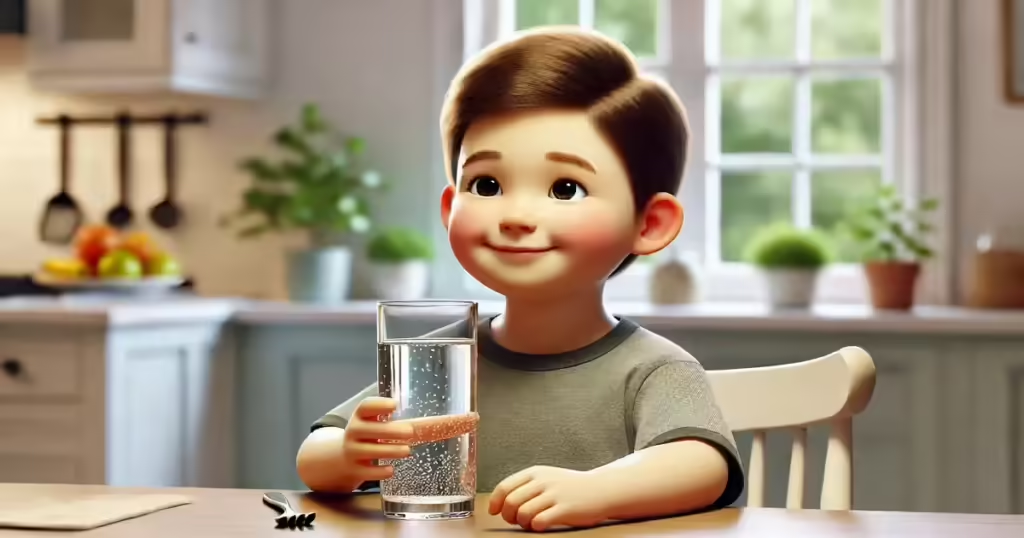
The Benefits of Soda Water for Kids
When it comes to choosing beverages for children, soda water, or carbonated water, can be a healthier alternative to sugary sodas. Here are some key benefits and considerations:
1. Hydration
Hydration is crucial for children, and soda water can be just as hydrating as regular water. It provides the essential hydration kids need without the added sugars found in many sodas and juices. This can be particularly beneficial for children who find plain water unappealing.
2. Reduced Sugar Intake
One of the most significant benefits of soda water is its lack of added sugars. Consuming sugary drinks can lead to a variety of health issues, including obesity, diabetes, and dental problems. By offering soda water, parents can help their children reduce their intake of sugary beverages, contributing to better overall health.
3. Improved Digestion
Soda water can aid digestion and help relieve symptoms of constipation. Some studies have shown that carbonated water can improve bowel movements and reduce indigestion, making it a good option for children with digestive issues.
4. Satiety and Weight Management
Drinking carbonated water can help children feel fuller, which can help manage appetite and prevent overeating. This satiety effect can be a valuable tool in maintaining a healthy weight, especially in a world where childhood obesity is a growing concern.
5. A Fun, Refreshing Alternative
The fizzy nature of soda water makes it a fun beverage for kids. It can be a refreshing alternative to still water, encouraging children to stay hydrated throughout the day. Adding slices of fruit or a splash of natural flavor can make it even more appealing without compromising health.
What Are The Risks of Drinking Too Much Carbonated Water for Kids
Carbonated water is often marketed as a healthier alternative to sugary sodas, but it’s essential to understand the potential risks of overconsumption, especially for children. Here’s a detailed look at the key concerns:
1. Dental Health
One of the primary concerns with carbonated water is its impact on teeth. The acidity of carbonated water can erode tooth enamel over time, especially if it contains added flavors like citrus, which increase its acidity.
Dr. Jean Beauchamp, a pediatric dentist, advises that if your child drinks flavored carbonated water, it should be consumed with meals to dilute the acidity and reduce its harmful effects on tooth enamel. Regular seltzer water without added sugars or acids has a much lower risk but should still be consumed in moderation to avoid potential dental issues.
2. Digestive Issues
While some studies suggest that carbonated water can help with digestion and relieve constipation, excessive consumption can lead to stomach discomfort.
Kids might experience bloating, gas, or an upset stomach if they drink too much-carbonated water. According to Amy Reed, a pediatric dietitian, swallowing air from the bubbles can cause these symptoms, and reducing intake may be necessary if discomfort occurs.
3. Nutritional Balance
Replacing healthier drinks like milk and plain water with carbonated water can lead to nutritional deficits. Carbonated water lacks essential nutrients found in milk, such as calcium and vitamin D, which are crucial for bone development.
Dr. Jonathan Shenkin warns that overconsumption might also decrease a child’s appetite for more nutrient-dense foods, potentially impacting their overall nutrition and growth.
4. Bone Health
Although carbonated water does not leach calcium from bones, as some myths suggest, excessive consumption of flavored or acidic versions can contribute to bone health issues over time.
The acidity might impact calcium absorption, especially if the drink contains phosphoric acid, commonly found in colas. Choosing plain sparkling mineral water, which often contains beneficial minerals like calcium and magnesium, can mitigate some of these risks.
5. Hydration and Sodium Intake
Carbonated water is just as hydrating as still water, which can help kids stay hydrated. However, some carbonated waters contain added sodium, which can be detrimental if consumed in large amounts. Parents should opt for brands with low or no sodium to ensure their children are not consuming excessive salt, which can impact cardiovascular health.
Expert Recommendations
By understanding and managing these risks, carbonated water can be a safe and enjoyable option for kids without compromising their health.
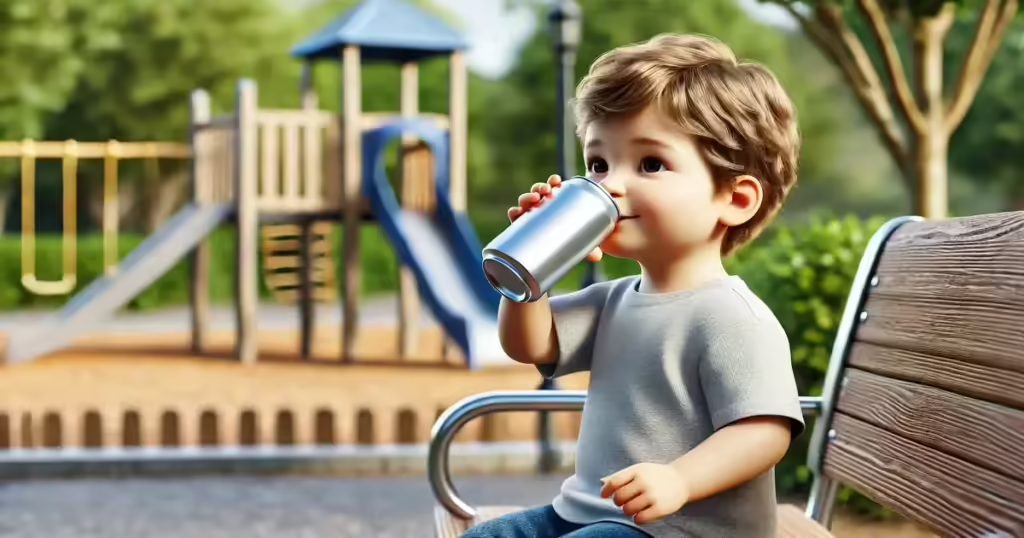
How to Choose the Right Carbonated Water for Kids
Choosing the right carbonated water for your children involves understanding the different types available, their ingredients, and their potential health impacts. Here’s a detailed guide to help you make an informed decision.
Types of Carbonated Water:
Safely Introducing Carbonated Water to Kids
Introducing carbonated water to children requires a balanced approach to ensure it becomes a healthy part of their diet. Here are some expert guidelines to help parents navigate this process safely and effectively.
Start Slow and Observe Reactions
When introducing carbonated water to your child, start with small amounts. Amy Reed, a pediatric dietitian, suggests treating carbonated water similarly to fruit juice, recommending 4 to 8 ounces per day depending on the child’s age.
This cautious approach helps monitor any adverse reactions such as bloating or gas, which are common initial side effects.
Choose the Right Type of Carbonated Water
Not all carbonated waters are created equal. Plain sparkling water without added sugars, artificial sweeteners, or caffeine is the best choice. Avoid options with high sodium content or added flavors that can increase acidity and potentially harm tooth enamel.
As the Cleveland Clinic points out, keeping it simple with just water and carbonation is key to reaping the benefits without unnecessary risks.
Timing and Frequency Matter
Dr. Jean Beauchamp from the American Academy of Pediatric Dentistry recommends offering flavored carbonated water during meals to dilute its acidity with food, reducing the risk of enamel erosion.
Additionally, limiting the frequency of consumption helps prevent over-dependence on bubbly drinks over plain water, which is crucial for maintaining hydration and overall health.
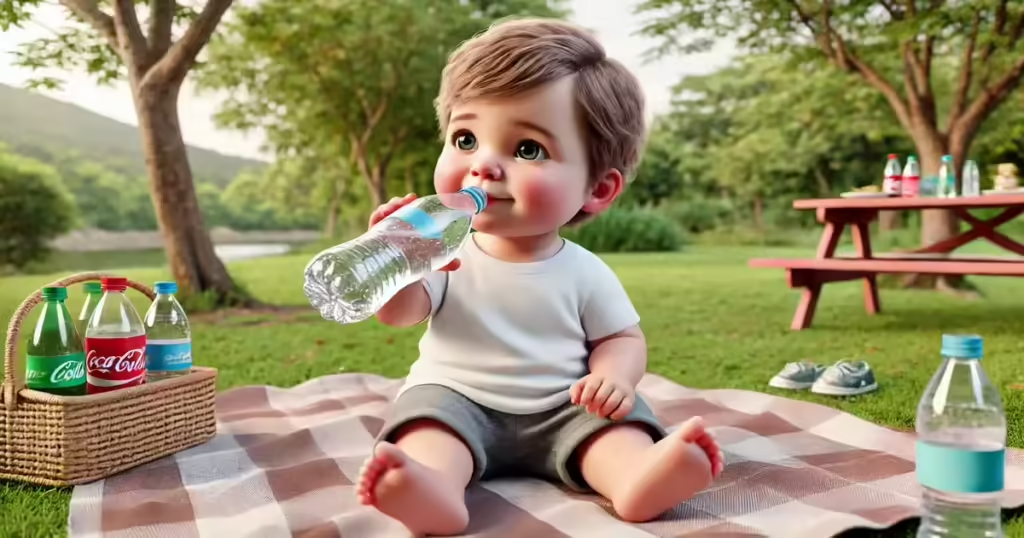
Monitor and Educate
Teach children about the importance of moderation. Frequent consumption of carbonated beverages can lead to decreased appetite for more nutrient-dense foods.
Dr. Jonathan Shenkin highlights the potential for reduced calcium intake if carbonated water replaces milk or other essential beverages in a child’s diet. Ensuring that carbonated water is an occasional treat rather than a daily staple can help maintain a balanced diet.
Consider Dental Health
Carbonated water is slightly acidic, which can impact dental health over time. To mitigate this, encourage children to drink through a straw to minimize contact with teeth, and follow up with a rinse of plain water to neutralize the acidity. Regular dental check-ups will help monitor any potential impacts on enamel and overall oral health.
Gradual Introduction and Alternatives
Introducing carbonated water gradually can help children adapt without overwhelming their digestive systems. For children with food allergies, carefully check labels for any allergens and consult with healthcare providers if unsure.
Offering alternatives such as infused water with fresh fruits can provide a similar refreshing experience without the potential drawbacks of carbonation.
Final Thoughts
Carbonated water can be a beneficial and refreshing beverage for children when introduced thoughtfully and in moderation. Its hydration benefits make it a better option compared to sugary drinks, helping to reduce the risk of obesity and cavities.
However, parents should be mindful of the potential risks, such as tooth enamel erosion and digestive discomfort. By selecting plain, unsweetened carbonated water and monitoring consumption, you can safely include this fizzy drink in your child’s diet.
Always consult with healthcare professionals to tailor advice to your child’s specific needs. Enjoy the bubbles responsibly and ensure a balanced approach to hydration and nutrition!

